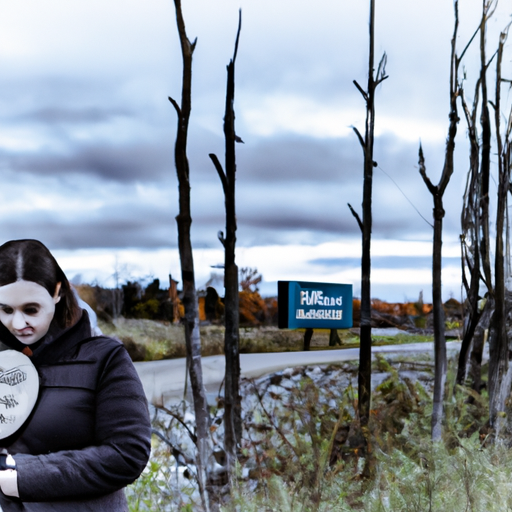The Canadian Opioid Crisis: A Closer Look at New Brunswick’s Situation
I recently came across an enlightening article [source] from CBC that paints a vivid picture of the opioid crisis sweeping across Canada, particularly focusing on New Brunswick. This ongoing health crisis, often described as the opioid epidemic, began late in the last century and is characterized by the overprescription of opioid medication along with high rates of opioid misuse, addiction, and fatalities.
The Impact of the Opioid Crisis on New Brunswick
The impact of the opioid crisis on Canadian communities is profound, with a disturbing rise in opioid-related morbidities, mortalities, and strained healthcare systems. No area is left untouched, including New Brunswick. The article highlights the story of a local resident, Sara Davidson, who lost her son to opioid addiction, showcasing the intimate and far-reaching pain opioid use inflicts on families and communities.
Efforts to Address the Opioid Crisis In New Brunswick
Despite the growing desperation, actions are being taken to combat this crisis. Individuals, communities, healthcare professionals, and government bodies across the province are pushing back. Davidson herself, in response to her devastating loss, established the River Stone Recovery Centre. This residential treatment centre offers support for addicts fighting their dependency, offering a ray of hope in a seemingly dire reality.
Key Actions Taken Against the Opioid Crisis
Here are some decisive steps taken at various levels to confront the opioid crisis:
- Governments’ litigation: Multiple provincial governments filed an opioid class action lawsuit against opioid manufacturers and wholesale distributors for their alleged role in the crisis.
- Naloxone distribution: In an attempt to manage opioid overdose incidents, naloxone—a medication designed to rapidly reverse opioid overdose—is being distributed widely. Healthcare professionals, fire fighters, police officers, and even ordinary citizens are being trained to administer naloxone.
- Increased accessibility for treatment: Efforts are being made to enhance access to treatment for people struggling with substance use disorder.
- Prevention programs: Programs are being developed to raise awareness around opioids, promote responsible prescribing, and provide education on addiction.
The Ongoing Battle Against the Opioid Crisis
As progressive as these approaches may seem, the battle against opioid crisis is far from over. Moreover, the crisis is now colliding with another public health emergency – the COVID-19 pandemic, exacerbating homelessness, crime, and substance misuse rates. Though the road ahead appears daunting, the unceasing dedication of individuals, communities, and institutions promises to slowly, but surely, decelerate the crisis.
Conclusion: Taking it Forward
The opioid crisis in Canada is a complex, multi-faceted problem with far-reaching consequences, as vividly depicted in the CBC news article. However, there’s hope in the relentless efforts of those directly or indirectly affected by the crisis, and the systemic countermeasures in place. Insights derived from experiences like those of Davidson may be hard-hitting, but are indispensable in our shared fight against the crisis. As we navigate through this epidemic, it’s crucial to remember and address the human pain at its core, while persistently working toward a comprehensive, compassionate response.
